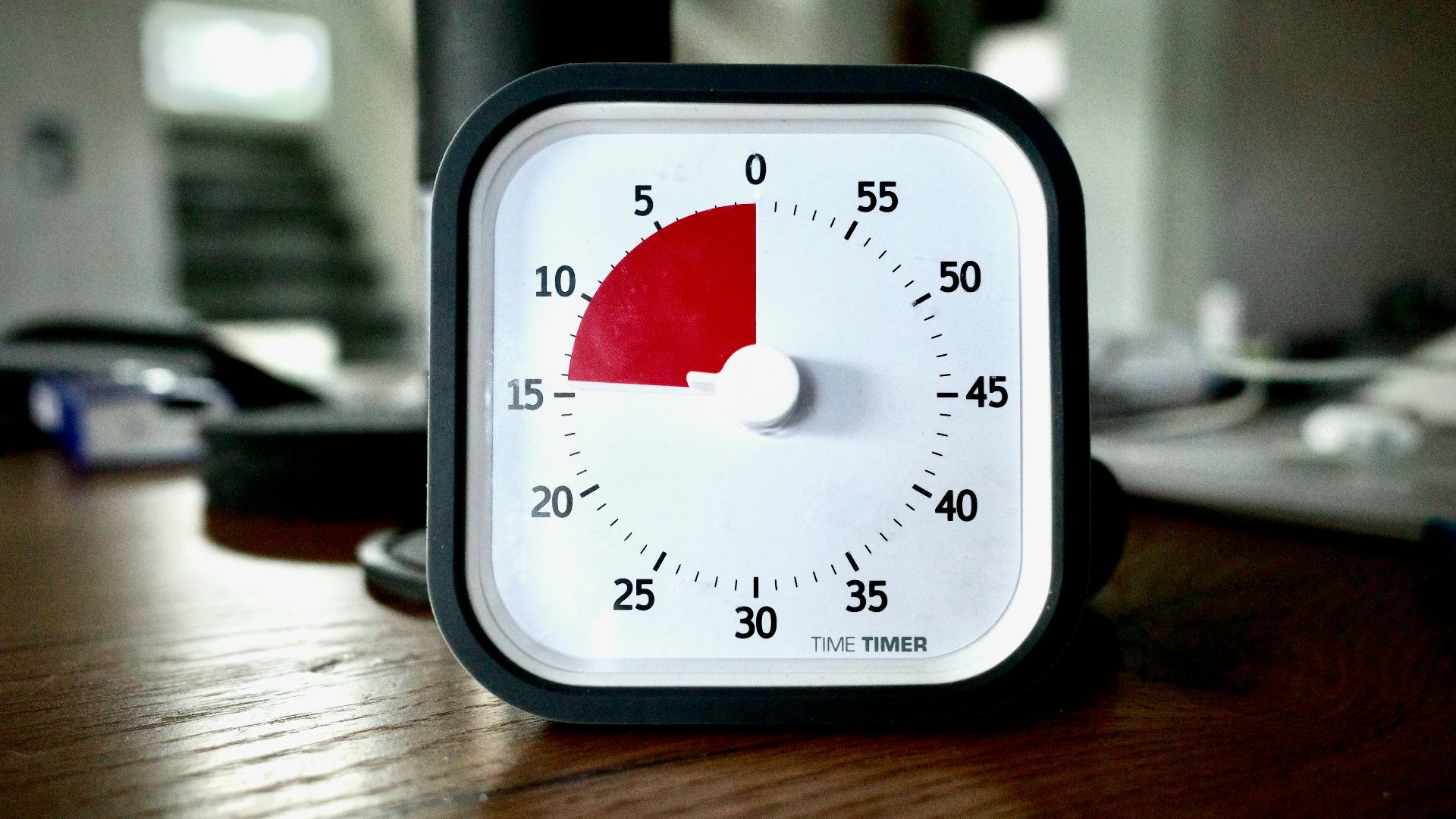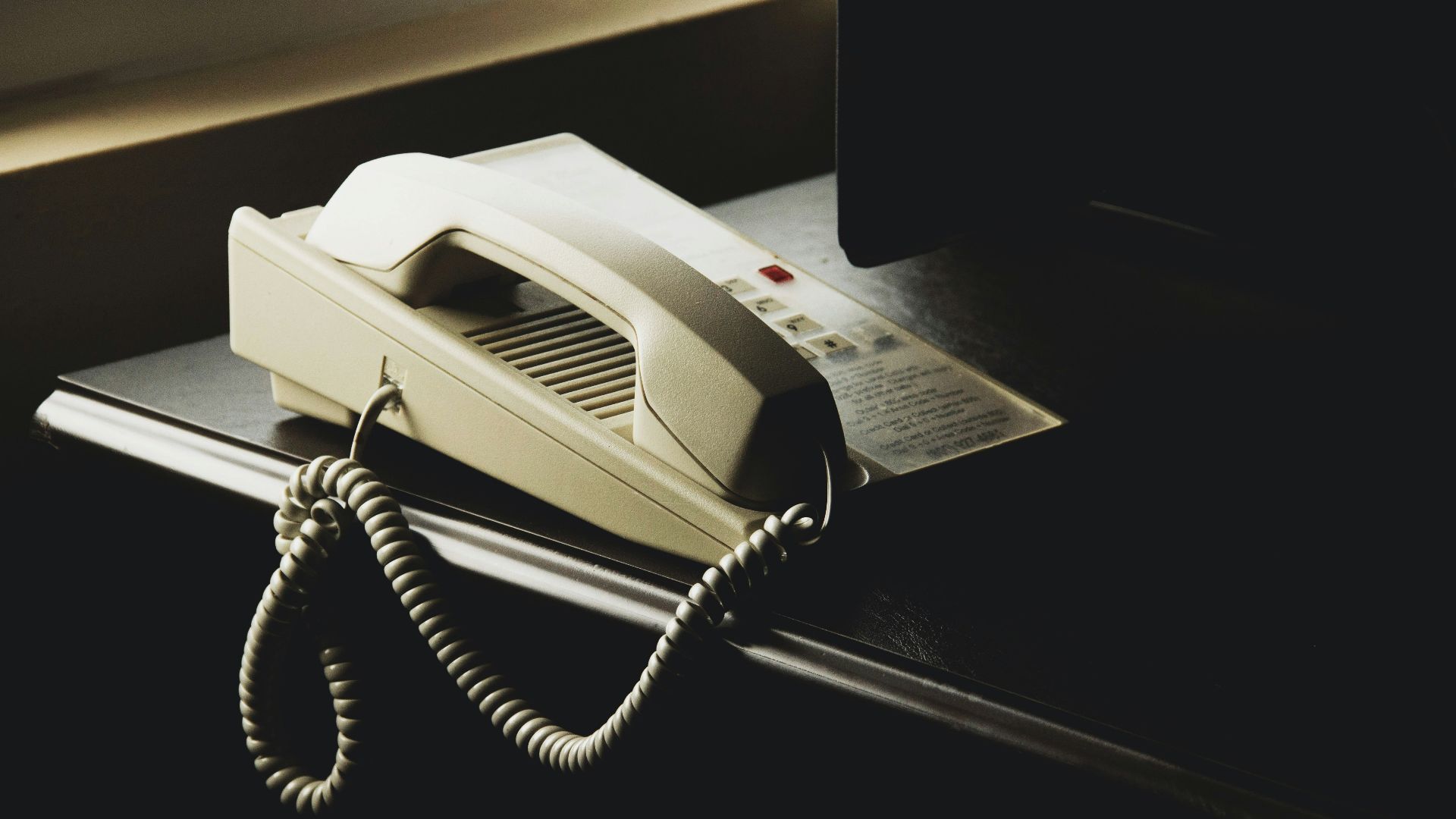Master the Work-from-Home Life
Working from home might feel like a huge perk, but if you're not managing your routine and habits the right way, it can be demotivating. After all, how do you stay productive or maintain regular communication with your team when everyone is in a different time zone? But don't fret: there are ways to thrive in the remote work lifestyle—and we've got 20 must-know tips that just might help.
1. Set a Regular Schedule
If you don't already have a set schedule outlined for you by your boss or manager, take initiative and create one yourself. Make sure to stick to these start and end times—if they're arbitrary and change every day, it could mess with your productivity levels and get you into the wrong headspace for work.
2. Create a Morning Routine
Get into the habit of using an activity that kickstarts your brain to start working. Whether it's fixing up your morning cup of Joe or a filling breakfast, having an everyday routine will help establish a signal that gets you ready to clock in.
3. Set Up a Dedicated Workspace
You'll also want to set up a dedicated workspace when you're working from home—and we don't mean bringing your laptop to bed. Even if it's just on the kitchen counter for now before you can move an actual work desk in, make sure to pick a spot where you know you'll be productive in.
4. Invest in Noise-Cancelling Headphones
Working around a lot of noise? Invest in a pair of headphones that block out external sound, so that your focus isn't constantly pulled away by the conversations and other distractors around you. If you work better with music on, hit play on your favorite playlist.
5. Set Clear Boundaries with the People in Your Space
If the noise-cancelling headphones aren't completely helping your case, or even if they are, remember to set clear boundaries with the people around you at home. Let them know that whenever you're working or have a call, they'll need to respect your space and keep the noise level down.
6. Dress Up for the Day
Unless you know you'll still be just as productive in pajamas as you would be in blazers and slacks, make sure to dress up for work, even if you don't have any meetings planned. This will help your brain switch into "work mode," which may boost focus and productivity.
 Antoni Shkraba Studio on Pexels
Antoni Shkraba Studio on Pexels
7. Schedule Lunch
Just as you'll want to stick to the same start and end time every day, you'll want to schedule your lunch break to work the same way. Don't skip this and push on with your work—going without fuel can backfire and potentially break your focus. Take at least 30 minutes for your lunch, and step away from your desk for the entirety of it.
8. Take Frequent Breaks
Make sure to schedule frequent breaks throughout your workday, too. A method that might help is the Pomodoro technique: taking a five-minute breather for every 25 minutes of productivity. These short breaks will prevent you from getting quickly burnt out.
9. Invest in Desk Accessories That Boost Productivity
Even if it's just a timer for your breaks or a whiteboard to jot down your tasks and deadlines, investing in the right desk accessories will boost your productivity that much more. If there's one thing we suggest getting? An ergonomic chair.
10. Communicate with Your Coworkers
Make sure to regularly communicate with your coworkers throughout the day, too. Whether you're updating them on your tasks or making light conversation, this will help you feel more like a part of a team, and not like you're all alone, working from home.
11. Get Out of the House
We're not suggesting you slack off and run your errands while you're on the clock, but changing your environment can do wonders for your productivity. You're working remotely, so take advantage of it! If your workspace at home isn't helping you stay focused, a nearby coffee shop or quiet park might.
12. Create Daily or Weekly To-Do Lists
If you have trouble getting through your tasks because there are too many items on the list, don't keep them floating around in your mind—that'll only take up more precious brain space. Instead, write them down. Keep a planner or scribble out your daily (or weekly) tasks on a post-it note, and tack it somewhere you can see, so that you'll be able to run through and prioritize your work more easily.
13. Get a Work Phone
If you regularly take client calls, you may want to invest in a work phone. Most companies that require you to network and maintain partner relationships should already provide you with this, but if not, or if you're self-employed, it's a good idea to.
14. Put Your Personal Phone Away
Regardless of whether you have a work phone or not, make sure to put your personal one away. Keep it out of reach and, if possible, in a different room. This way, you won't be tempted to text your friends, scroll through social media, or answer notifications when you're on the clock.
15. Take Time Off
Feeling burnt out or unwell? Ask your manager or boss for some time off. You won't be able to produce your best work when you're not at 100%, so don't wear yourself thin. Rest up, get yourself back into a good mental headspace, then tap back in when you're ready.
16. Take a Learning Course or Training Opportunities
When you're working from home, you might miss out on training or learning opportunities that would've been taught in person. To ensure you have the right skills or to polish up on existing ones that are needed for the job, take some courses online or ask your employer if they have additional resources for you.
17. Stay Positive
Being at home all day in front of a screen can get tiring. You might even feel demotivated or get more easily burnt out from the lack of face-to-face time. It's important to not only stay positive, but to also spread that positivity around to your colleagues. Keep a chipper attitude, and it'll make the communications with your team that much more pleasant.
18. End Your Day with a Ritual
Since you started your day with a morning routine, end it with a ritual that signals to your brain it's time to switch out of work mode. Whether it's signing out from all your work apps or closing your laptop, find something to consistently do that marks the end of your workday.
19. Ask Others for Tips & Suggestions
If you have other colleagues or friends who are also working from home, ask them for tips and suggestions on how they make their day more productive and motivating. They might just have the perfect piece of advice for you.
20. Make It Personal
But take others' advice and tips as what they are—suggestions. After all, everyone works differently, and what you find motivates you to be productive might not work for someone else, and vice versa. Don't be afraid to continue adjusting your setup, schedule, break times, and habits until you find what works best for you.



























